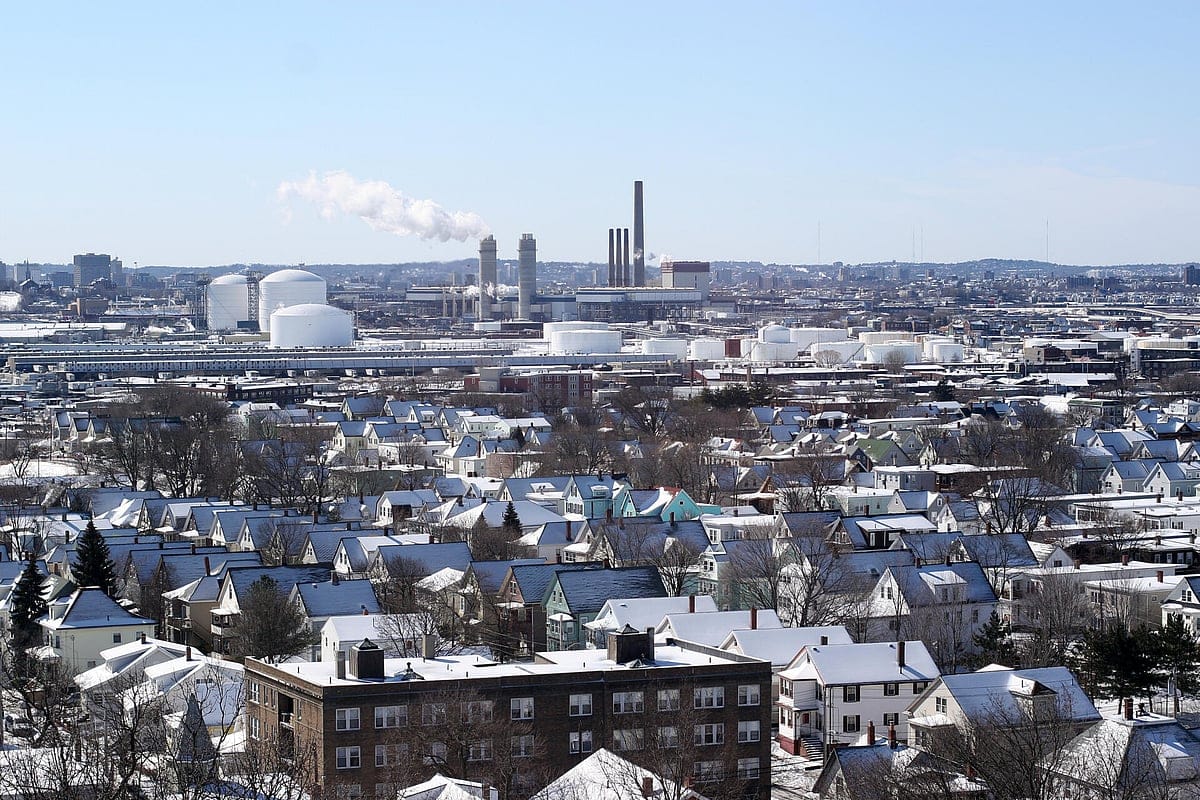Boston environmental law group sues Exxon over climate change

BOSTON — A Boston-based environmental group is joining Attorney General Maura Healey in putting the climate change screws to oil giant ExxonMobil, alleging in a 70-page federal lawsuit filed Thursday that the company is well-aware of the effects of global warming but has done nothing to protect its Mystic River facility to guard against rising sea levels.
"We started our own investigation," The Conservation Law Foundaton's Veronica Eady wrote in a brief posted to group's website in explaining the decision to go after ExxonMobil in federal court, citing media reports she says prove that the company's knowledge of climate change dates back to the 1970s. "We found that despite knowing the harm climate change could cause, ExxonMobil left its storage facility in Everett, Mass., on the Mystic vulnerable to flooding from storms and rising seas.

